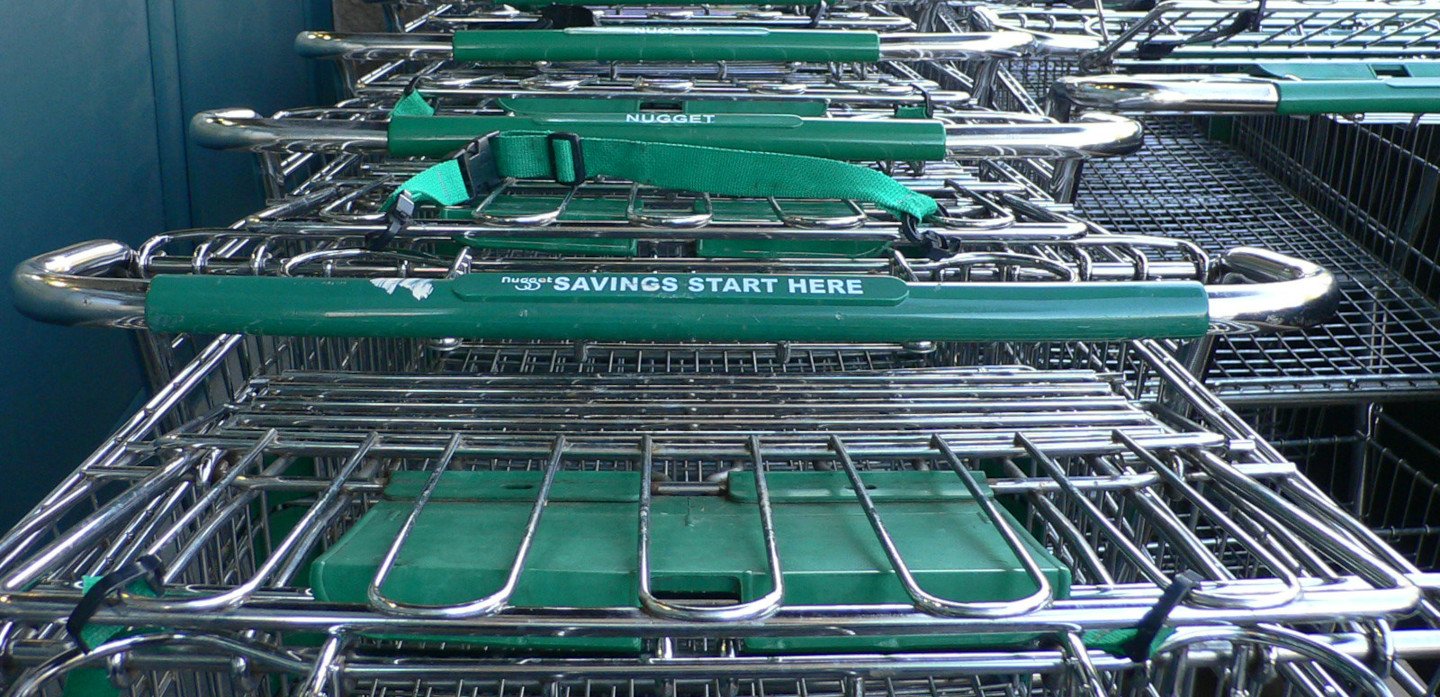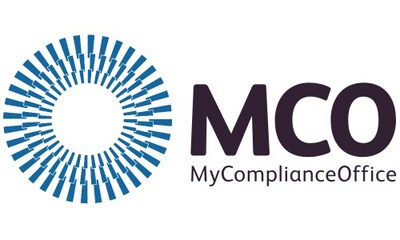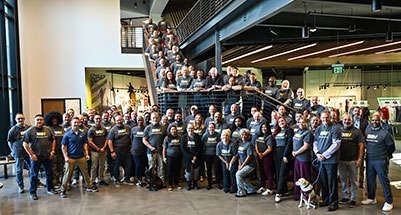The global shift to ISO 20022 – completed on 22 November with the end of MT/FIN coexistence – is among the most consequential changes in international payments for decades. It reshapes the landscape of cross-border transactions, risk management, and reconciliation, and therefore has significant impact on customer experiences.
ISO 20022 is a structured, data-rich standard for financial messaging used in payments, cash management, foreign exchange, securities, and more. Unlike the older MT messages, ISO 20022 provides significantly more detail and interoperability. As of 22 November, all cross-border payment instructions must use ISO 20022, with any remaining MT messages auto-converted until the format is sunset. Backed by the G20, the new standard means payments flowing into (and out of) a business will contain rich structured data which should enable efficiency improvements and other advantages throughout the payment lifecycle.
What changes for e-commerce businesses?
Faster settlement and reduced payment friction lets banks and PSPs exchange more accurate rich data for fewer payment delays due to missing or badly formatted information. Screening should be faster, and there will be less need for manual intervention.
E-commerce merchants, especially those dealing with high cross-border volume, should see fewer pending, returned, or on-hold transactions, as it will be easier to match invoices with settlements, and there will be fewer instances of fraud.
Richer data, and better fraud prevention
The previous MT format limited the data held in invoice references, customer identities, and remittance details. ISO 20022 allows 900+ structured data elements, with separation of payer, payee, and intermediary information. There is also more consistent tagging for invoice numbers, order IDs, and tax details, among other data types. The results should be accurate reconciliation processes with less manual processing needed to match up incoming, expected data with internal records.
Better, richer data will lead to better fraud detection and help spot attempts at money laundering. That comes from better pattern recognition across large transaction volumes, letting retailers spot anomalous behaviour more easily. Companies should expect to see the cost of fraud prevention fall over time as automated systems, working with more granular detail, spot more common criminal activities, like large-scale chargeback fraud.
Customer experiences
Payment providers can pass the benefits of ISO 20022 downstream to end-users. These include more accurate summaries of payments, better and more detailed status updates, and confirmation messages that increase confidence levels in the business. Conversion rates in e-commerce facilities should improve, with less cart abandonment and a reduction in customer churn. In general, companies will be able to offer their users more streamlined and trustworthy experiences, which, if acted on appropriately, will lead to better customer retention in the medium to long term.
What e-commerce businesses can do now
By confirming ISO 20022 support from the different elements of an organisation’s payment stack (including marketplaces, acquiring banks, anti-fraud platforms, and external ERP/accounting platforms), companies will be able to plan expansion into new markets more confidently. As well as verifying that partners’ systems are on board with the new standards, there may be possible improvements possible at the points of integration with third-party systems. Companies can start consolidation projects such as establishing structured remittance information (ERI) systems.
There are also several upgrades and improvements that will create new opportunities for operators of compliant systems. These include a fuller integration between financial systems and the company’s internal ERP platforms, better use of fraud detection algorithms, and the use of tagged data by a variety of different business functions, such as operations and marketing.
For users inside the business, the creation of new dashboards that surface rich, additional data will allow deeper business intelligence informing day-to-day operational improvements and helping with strategy planning.
What the future might hold
In addition to the efficiency and security gains e-commerce and fintech providers will gain by operating inside ISO 20022, there are some additional ‘wins’ that will aid many organisations. The richer end-user data will allow customer-level payment analytics, building rounder pictures of users, their habits and preferences. Companies will also have access to more detailed information about every aspect of their customer-facing financial processes, which will allow them to better predict trends, model possible scenarios, and produce financial reports.
There are also a wealth of possibilities around international payments with the potential to achieve instant cross-border rails via integration with blockchain-based systems of exchange. Tokenised asset exchanges will mean a reduced necessity for localised banking facilities everywhere the organisation wants to trade. This facility will allow a business to trade in geographies it may not have considered previously, and where the established financial systems on the ground are not yet ready for international trading at the required scale.
Conclusions
For decision makers in the payments, foreign exchange, and e-commerce sectors, ISO 20022 offers the following opportunities and suggested next steps:
- Use the data standard to your advantage, rather than just complying with it.
- Plan for savings in operational speed and fraud prevention.
- Prepare internal and partner systems to better integrate with rich payment data.
- Ensure payment partners and third-parties are also compliant for a more resilient supply chain.
(Image source: “Shopping” by basykes is licensed under CC BY 2.0.)
Want to experience the full spectrum of enterprise technology innovation? Join TechEx in Amsterdam, California, and London. Covering AI, Big Data, Cyber Security, IoT, Digital Transformation, Intelligent Automation, Edge Computing, and Data Centres, TechEx brings together global leaders to share real-world use cases and in-depth insights. Click here for more information.
TechHQ is powered by TechForge Media. Explore other upcoming enterprise technology events and webinars here.









